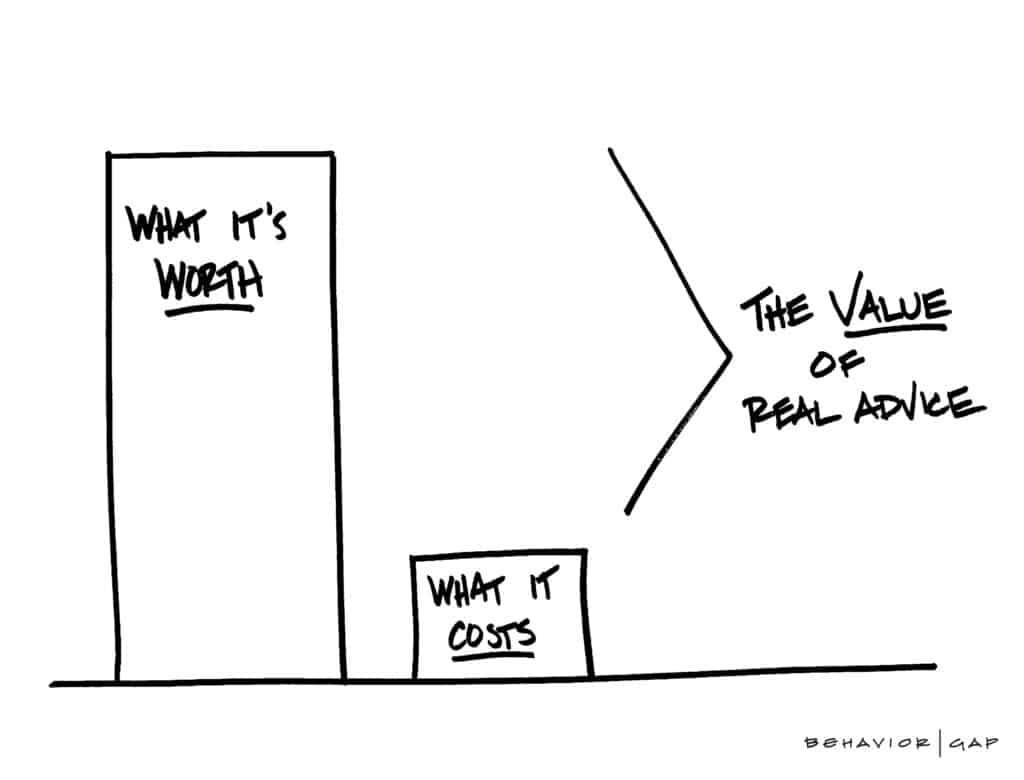Behavioural Biases & Your Finances
When it comes to managing money, logic and math should theoretically drive our decisions.
However, as any seasoned financial planner will tell you, emotions and psychology often steer the ship instead.
Behavioral biases, those unconscious mental shortcuts and tendencies we all have, can profoundly impact how we save, spend, invest, and plan for the future.
Understanding these biases is the first step in overcoming them and achieving and maintaining financial health.
What are Behavioural Biases?
Firstly, behavioural biases are systematic patterns of deviation from rationality in judgment.
They stem from how our brains process information, respond to emotions, and manage risk.
These biases are rooted in psychology and they can lead to poor decision-making when it comes to our personal money.
Simply put, our emotions take over, we’re emotionally tied to our own money.
Let’s explore some common behavioural biases and how they might be sabotaging your financial goals.
1) Loss Aversion
Loss aversion refers to our tendency to feel the pain of losses more acutely than the pleasure of equivalent gains.
For example, losing €100 feels worse than the joy of finding €100.
Impact on Finances: This bias can lead to overly conservative investment strategies.
Fear of ‘losing’ money will cause you to avoid stocks or high-growth investments, even when they align with your long-term goals.
Conversely, it might lead you to hold onto losing investments for too long, hoping to avoid realizing a loss.
How to Overcome It: Work with a Certified Financial Planner (CFP®) who will provide you with a valuable and objective view.
2) Anchoring Bias
Anchoring bias occurs when we rely too heavily on the first piece of information we encounter (the “anchor”) when making decisions.
Impact on Finances: Suppose you see a stock priced at €100, but it’s now dropped to €80.
Anchored to the initial price, you might perceive it as a bargain without considering whether it’s still a good investment.
Anchoring also affects budgeting. For instance, you might stick to outdated spending limits because they’ve become your “normal,” even if your circumstances have changed.
How to Overcome It: Work with a Certified Financial Planner (CFP®) who will provide you with a valuable and objective view.
3) Herd Mentality
Herd mentality drives people to follow the actions of a larger group, often without questioning the rationale.
Impact on Finances: This bias can lead to trends like buying into market bubbles or selling during a panic.
The fear of missing out (FOMO) can also lead to impulsive financial decisions, such as investing in a hot stock or cryptocurrency without proper research.
How to Overcome It: Work with a Certified Financial Planner (CFP®) who will provide you with a valuable and objective view.

4) Overconfidence Bias
Overconfidence bias refers to your inflated belief in your own ability to eliminate your emotion make sound financial decisions or beat the market.
Impact on Finances: Overconfident investors may trade too frequently, take on excessive risk, or underestimate the need for diversification.
Similarly, overconfidence can lead to inadequate savings because of the assumption that “I’ll figure it out later.”
How to Overcome It: Work with a Certified Financial Planner (CFP®) who will provide you with a valuable and objective view.

5) Present Bias
Present bias is our tendency to prioritise immediate rewards over long-term benefits.
This is why saving for retirement feels less urgent than spending on a vacation today.
Impact on Finances: Present bias can lead to under-saving for long-term goals like retirement or emergency funds. It also contributes to impulsive spending habits.
How to Overcome It: Work with a Certified Financial Planner (CFP®) who will provide you with a valuable and objective view.
6) Confirmation Bias
Confirmation bias occurs when we seek out information that supports our existing beliefs and ignore evidence that contradicts them.
Impact on Finances: If you’re convinced a particular strategy is the best, you may disregard warnings or alternative perspectives.
This can lead to missed opportunities or increased risk.
How to Overcome It: Work with a Certified Financial Planner (CFP®) who will provide you with a valuable and objective view.
7) Status Quo Bias
Status quo bias is the preference to stick with the current state of affairs rather than making changes.
Impact on Finances: This bias might prevent you from rebalancing your portfolio, switching to lower-cost investment options, or updating your budget as your life circumstances change.
How to Overcome It: Work with a Certified Financial Planner (CFP®) who will provide you with a valuable and objective view.
Why Awareness Matters
Behavioural biases aren’t inherently bad; they’re part of what makes us human.
However, unchecked biases can lead to financial mistakes that derail your goals.
By understanding these psychological tendencies, you can take proactive steps to mitigate their impact.
Final Thoughts & How We Help
As a financial planner, I regularly see how transformative it can be when clients become aware of their behavioural biases.
The key is not to eliminate emotions from financial decision-making but to build systems and strategies that keep emotions in check.
The key is in fact to work with a Certified Financial Planner who will give you an objective view that’s extremely valuable.
If you’re ready to take control of your financial future, we can start by identifying which biases resonate with you.
From there, we will then create a plan with you that minimises their influence.
Our professional guidance can provide the clarity and accountability you need to stay on track.
Behavioral biases may be a natural part of human psychology, but they don’t have to define your financial journey.

Get in touch
Email us at info@fortitudefp.ie or click below to schedule an introductory call at our expense.
Why not visit our insights page.
A multitude of information on various financial subjects covering all aspects of saving, investing, financial planning, protection and pension advice.


Our blog posts are intended for information purposes only and should not be interpreted as financial advice.
You should always engage the services of a fully qualified financial planner before entering any financial contract.
To discuss engaging the services of Fortitude Financial Planning please email us at info@fortitudefp.ie.
Fortitude Financial Planning Ltd will not be held responsible for any actions taken as a result of reading these blog posts.


 Production
Production